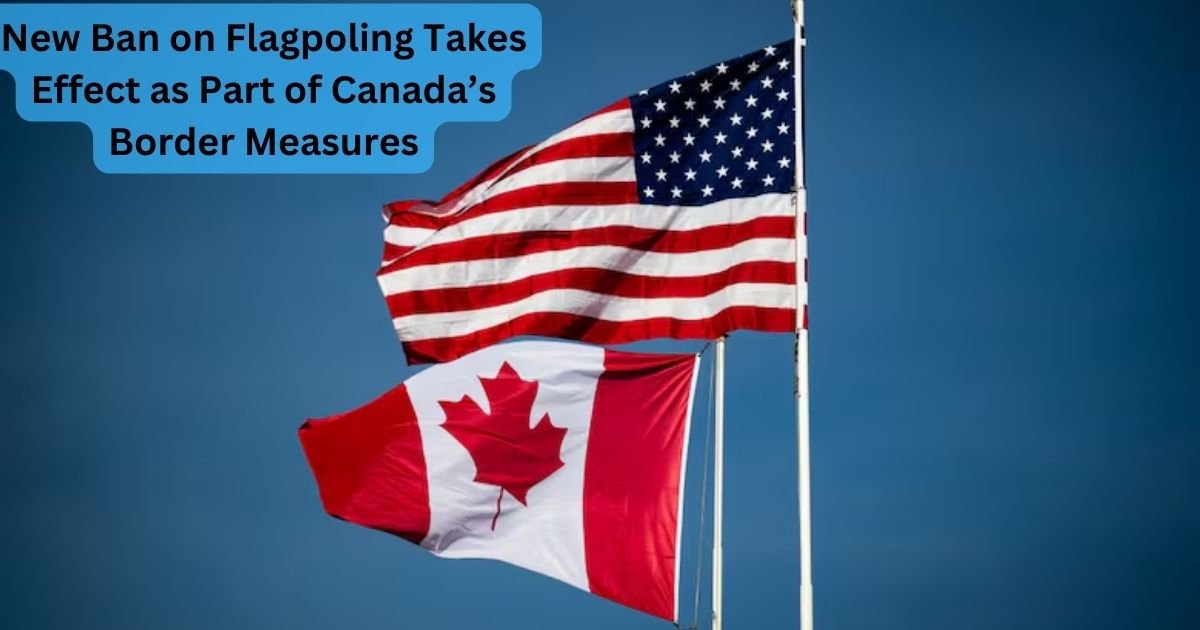OTTAWA – Canada is rolling out new immigration measures in response to the looming threat of a 25 percent tariff imposed by president-elect Donald Trump, with the latest being a ban on the practice of “flagpoling.” This practice, where individuals on temporary visas leave Canada for the U.S. and quickly return to Canada in order to access immigration services at a port of entry, is now restricted.
Effective immediately, the Canadian Border Services Agency (CBSA) will no longer allow the issuance of work or study permits to those engaging in flagpoling. Immigration Minister Marc Miller had previously announced that starting today, temporary visa holders will need to apply online to extend their stay in Canada, rather than attempting to resolve their immigration matters through flagpoling.
The CBSA recorded over 69,300 flagpoling incidents during the 2023-24 fiscal year.
Despite the new restrictions, certain exceptions remain. Individuals such as international truck drivers holding a work permit, professionals covered by specific free trade agreements, and American citizens may still be granted work or study permits under specific conditions, even if they meet the flagpoling definition.
Minister Miller first revealed the intention to ban flagpoling on December 17, in a joint announcement with Finance Minister Dominic LeBlanc. This was part of a broader border control package valued at $1.3 billion, which also includes removing the point value for job offers in Canada’s Express Entry immigration system. The aim is to combat immigration fraud by reducing opportunities for misuse.
Miller further clarified that this measure is temporary and will take effect in the spring. A review of the Express Entry system is ongoing, and decisions about the role of job offers in that system will be made as part of that process.
In related changes, a Labour Market Impact Assessment (LMIA), which is required for employers wishing to hire foreign workers, will no longer contribute to an applicant’s points in Express Entry. While applicants should not pay for these assessments, a black market has emerged where people charge tens of thousands of dollars for fraudulent documents.
As for current applications, those already in progress will not be impacted by the new changes.
During the same announcement, Minister Miller also mentioned that the government is reviewing ways to expedite Canada’s asylum system, with a focus on swiftly addressing illegitimate claims.
Canada’s expanded border security measures also include enhanced aerial surveillance and increased drug detection operations in response to the potential tariff threat posed by the United States.
